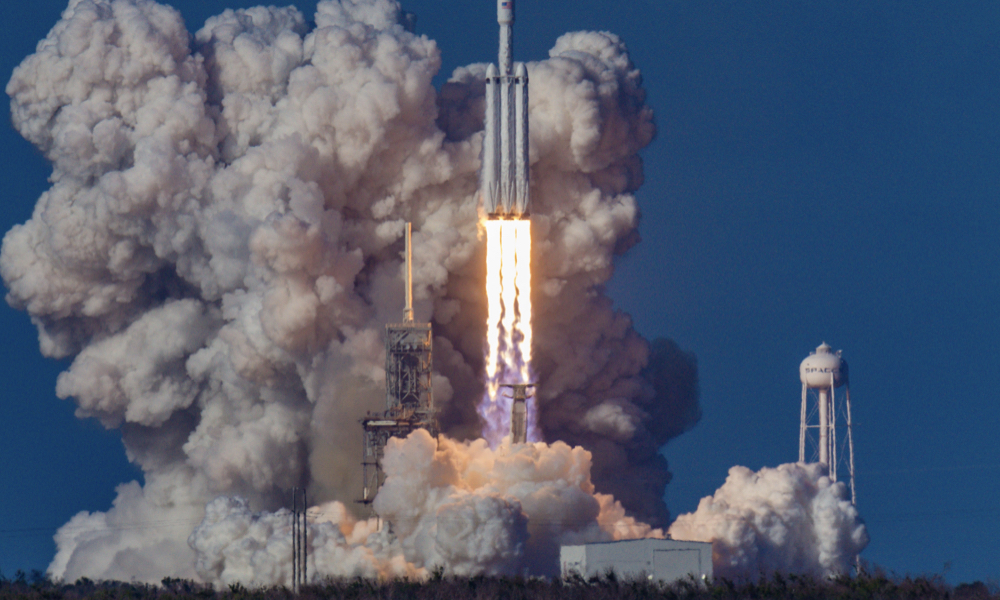
PROJECT TITLE: Optimized Flow Architectures for Fuel Cell Bipolar/Unipolar Plates Functioning in Outer Space Conditions — OptiFlow
Coordinator: ET Innovative Solutions ltd.
Partners: University of Bucharest
Period: 29 November 2013 – 28 November 2016
Project director: Prof. Dr. Eng. Eden Mamut
Project team:
CO-ET Innovative Solutions ltd.
- Prof. Dr. Eden Mamut is a mechanical engineer who graduated in 1985 at the “Politehnica” University of Bucharest. In 1999 he completed his doctoral studies at the University of Lower Danube in Galati. His background is in applied thermodynamics in the area of gas flow modeling in internal combustion engines, energy dissipation in rubber-like materials, heat and mass flow and energy conversion systems. He has been working on heat and mass flow in micro-channel structures, modeling heat transfer properties in nanofluids, fuel cell modeling and testing, renewable energy sources, optimization of complex energy systems and sustainable transport. The main scientific achievements consist in 95 papers, 12 books (as author or editor) and 2 registered patents (Germany).
- Msc. Eng. Ana-Maria Paizan is a chemical engineer who graduated in 2009 at the “Ovidius” University of Constanta. Her background is in biomass processing technologies: anaerobic fermentation and gasification processes, combustion processes and life cycle assessment, being in charge of the operation of a pilot biogas installation. In the last 3 years she has been involved in 10 research projects and she participated at more than 20 national and international conferences, workshops and seminars.
Partner 1: University of Bucharest
- Dr. Ioan Stamatin is full professor at University of Bucharest, Faculty of Physics, and Director of Research Centre Nanosciences & Alternative Energy Sources (3Nano-SAE) founded in 2004. Dr Stamatin founded one Postdoctoral school “Fuel Cells & Hydrogen Storage” in 2005 and now coordinate as manager of cluster “Mathematics & Natural Sciences” the Postdoctoral School “Young Researchers for advanced Sciences”. His research activity is counted in 90 referred international journals with a Hirsch index: 13, over 400 citations.
- Dr. Adriana Balan-Andronie – Postdoc, Researcher with 5 years experience in membranes, separators, AFM, thermal analysis, her experience is in field materials with proton conductions for sensors and fuel cells applications. Her PhD thesis defended in 2011 focused on synthesis and characterization of new proton conducting materials for fuel cell applications. Characterization methods: Atomic Force Microscopy (AFM), Thermal analyses (Differential Scanning Calorimetry-DSC, Thermogravimetric analysis- TGA, Dynamic Mechanical Analysis- DMA), proton conductivity testing on proton exchange membranes, fuel cell specific tests.
Description: The project aims the development of a focused research program in order to identify the specific thermofluidic phenomena related to the flows of gaseous species in the channel architecture of the fuel cell unipolar/bipolar plates in low gravity conditions.
Project objectives:
- Detailed analysis of the mass transport processes in fuel cells, associated to the fuel cells operating in low gravity conditions
- Identification of models that might be used for modelling of multiphase flows in low gravity conditions
- Development of a holistic approach to flow process – flow architecture modelling and simulation
- Validation of the models using detailed experimental investigations
- Development of the methodology for optimised architectures for flow structures
- Testing, validation and sensitivity analyses
- Business case development, dissemination and IPR
Activities:
- WP1 – Theoretical background
- WP2 – Modelling and simulation
- WP3 – Experimental Investigation, testing and validation
- WP4 – FeaSIbility analysis, disemination and IPR
Contributions to the STAR programme objectives: The implementation of the project is preparing the partners for developing competency on modeling and optimization of flows in mini and microchannel arrays in low gravity conditions that might become a competitive advantage in addressing future ESA projects.
Homepage: OPTIFLOW
